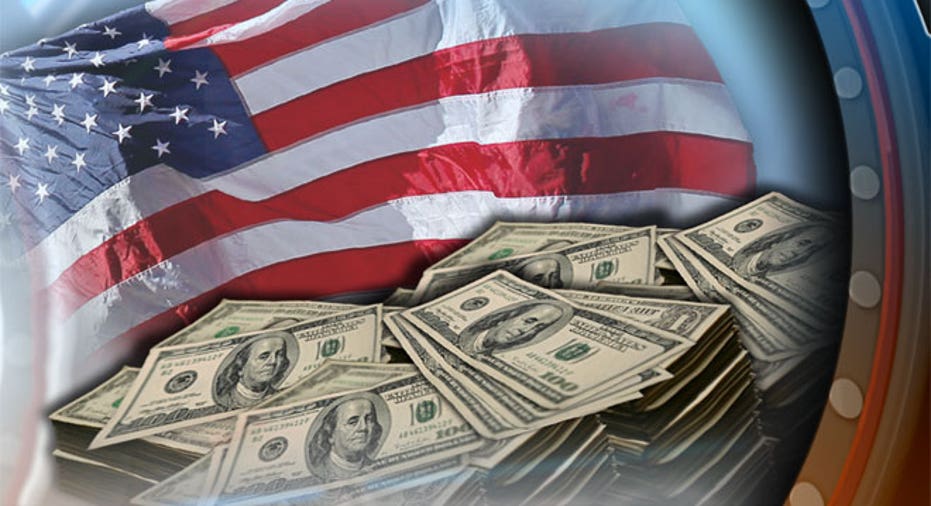American Net Worth Hits Record

Are you feeling a little more flush recently? Maybe not, but we certainly are feeling more flush as a nation. The Federal Reserve’s report "Financial Accounts of the United States" for the first quarter of 2015 indicates that America has a total net worth of slightly over $84.9 trillion, a new record.
The balance sheet of household and non-profit organizations shows that we have total assets of $99.076 trillion and liabilities of $14.152 trillion. The new mark indicates a rise of a bit over $1.6 trillion in net worth from the end of 2014 and an increase of just under $4.6 trillion from the first quarter of 2014.
New records in American net worth are far more the norm than the exception. The value has risen every year since the Great Recession in 2008 and has only missed rising in one quarter since the beginning of 2013. The details on distribution of that net worth are usually more insightful.
For many Americans, a home is the largest asset they own, and residential real estate assets climbed $503 billion in the report. That is good news for Americans who currently own homes, but not for those wanting to buy, since prices are rising. Meanwhile, stocks and mutual funds held by households rose by $487 billion.
Unfortunately, neither set of assets is indicative of the level of economic recovery since approximately 70% of the economy is consumer-driven. Economists have been frustrated with the lack of consumer spending, although there has been a recent uptick. The report reinforces the conservative debt and spending habits in the first quarter of the year.
The total debt of U.S. households as a share of their disposable income was at 106.5%, down a full percentage point from the previous quarter and the lowest value in over ten years. After years of financial advisors stressing the importance of paying down debt, it appears that Americans are finally listening — and perhaps a bit more able to do so.
A separate measure of consumer spending, household net worth expressed as a share of disposable income, reached 639% as compared to 632% in the previous quarter and 629% in the first quarter of 2014. Consumers do have more income to spend, whether they choose to do so is another matter.
Acquisition of new debt is beginning to slow as well. The first-quarter growth rate in borrowing was limited to a 2.2% annual rate, which is the slowest pace since late 2013. Consumer credit grew at a 5.6% pace, the lowest rate of growth since the second quarter of 2013. Mortgage borrowing contracted for the first time since the first quarter of 2014, dropping at a 0.3% annual rate.
The debt situation for businesses and government is mixed. Non-financial business debt increased by 6.6%, down from the relative peak of last quarter's 7.7%. The federal government debt actually declined by 0.4% from a 5.4% increase in the previous quarter, but state and local government appear to be picking up that burden with an increase of 4.8% compared to only 1.1% in the fourth quarter of 2014.
Overall, the report accurately reflects America's growth — things seem to be in place but the catalyst for broader wealth growth has not arrived yet. Even so, there is no reason to expect America's net worth not to continue to break records. It is not as clear whether a true economic recovery across all classes will drive that wealth, or if it will just be an artifact of the rich getting richer and skewing the cumulative values.
More from MoneyTips.com:U.S. Household Net Worth Sets RecordNet Worth 101U.S. Wealth Gap at an All-Time High



















